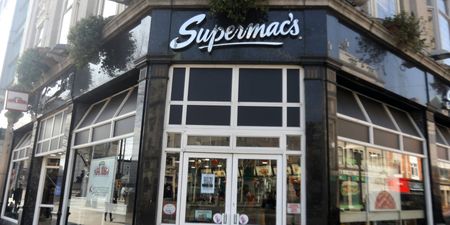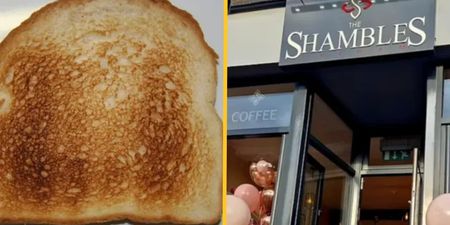Three of the five closure orders related to individuals running online takeaways from the bedroom of a house.
Five Irish businesses were served with closure orders for breaches of food safety legislation in October, according to the Food Safety Authority of Ireland (FSAI).
The food businesses were issued with closure orders for breaches of food safety legislation, pursuant to the FSAI Act, 1998.
Five closure orders – on food businesses in Dublin and Cork – were served in total, all of which were issued under the FSAI Act, 1998, on:
- Koi Sushi (Takeaway), 1 Shanvarna Road, Santry, Dublin 9
- Nagoya Sushi (Takeaway), 1 Shanvarna Road, Santry, Dublin 9
- Kyoto Sushi (Takeaway), 1 Shanvarna Road, Santry, Dublin 9
- TFS Wholesale, Unit 6 & 7 Colomane, Bantry, Co. Cork
- Speedos (Restaurant/ Café), 8 Tuckey Street, Cork City, Cork (Order served on 6 October, order lifted on 7 October)
In three of the five cases, closure orders were issued in relation to unregistered online sushi takeaways operating from a bedroom of a house where there were breaches of food legislation, food safety controls and record keeping.
Elsewhere, a live rodent was observed running across a rear wall, while there was evidence of extensive rodent activity throughout food preparation and storage areas, rodent droppings and gnawed foodstuffs, all of which pose a serious risk of contamination to food and consumers.
More details on the closure orders are available on the FSAI website here.
Dr Pamela Byrne, Chief Executive of the FSAI, expressed particular concern that Enforcement Orders in October included three Closure Orders in relation to individuals running online unregistered and unsupervised food businesses selling a range of sushi products from the bedroom of a house.
“Running a food business that has not been registered and is therefore, not supervised is totally unacceptable and poses a very serious risk to consumers’ health,” said Byrne.
“In these instances, the unregistered businesses were producing sushi without any hygiene or temperature controls. Sushi is a very high-risk product because it contains raw fish which must be kept chilled to reduce the growth of dangerous bacteria. It can also contain cooked rice, which is a ready-to-eat product that must be kept chilled.
“In these instances, the absence of a food safety management system, no monitoring of the cold chain and no evidence of traceability of raw ingredients posed a grave and immediate danger to consumer health. Consumers should only buy from established food businesses. If anyone is in any doubt about the legitimacy of a food business, they can contact us via our online complaint form and we will follow up on it.”
Under the FSAI Act, 1998, a Closure Order is served where it is deemed that there is or there is likely to be a grave and immediate danger to public health at or in the premises; or where an Improvement Order is not complied with. Closure Orders can refer to the immediate closure of all or part of the food premises, or all or some of its activities.
Closure and Improvement Orders will remain in the reports for a period of three months from the date the order was lifted. Prohibition Orders will remain in the reports for a period of one month from the date the order was lifted.
LISTEN: You Must Be Jokin’ with Aideen McQueen – Faith healers, Coolock craic and Gigging as Gaeilge





















































